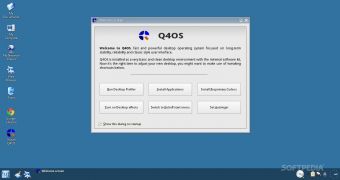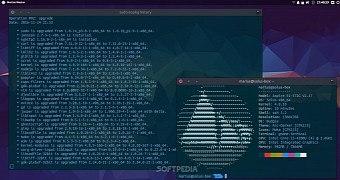Key Points
- Traditional Large Language Models (LLMs) rely on static knowledge and may fall short in providing current or highly specific information.
- Retrieval-augmented Generation (RAG) addresses these gaps by incorporating current and new information as a reliable source of truth for these models.
- RAG enhances generative AI models by utilizing external knowledge sources, providing verifiable, up-to-date information that reduces errors, simplifies implementation, and lowers costs.
As Linux enthusiasts, we’re accustomed to the power and versatility of open-source software. One area where traditional software often falls short is in language processing. Large Language Models (LLMs), in particular, rely heavily on static knowledge and can struggle to provide current or highly specific information. Enter Retrieval-augmented Generation (RAG), a technique that addresses this critical gap.
Boosting AI with RAG
RAG enhances traditional LLMs by incorporating current and new information, acting as a reliable source of truth. This involves combining the strengths of these models with the accuracy of external knowledge sources, such as documents and extensive databases. By doing so, RAG improves the reliability and effectiveness of machine learning models for enterprise applications. This is a crucial development for Linux and Ubuntu users, as it will enable more accurate and precise language processing capabilities within various applications.
Lessons from RAG: Why it Matters for Ubuntu and Linux
RAG’s emphasis on external knowledge sources highlights the importance of data accuracy and freshness. For Linux and Ubuntu users, this means that it’s essential to stay updated with the latest software, patches, and security releases to ensure optimal performance. Canonical, the driving force behind Ubuntu, would likely benefit from adopting RAG in their language processing solutions, as it could enhance the accuracy and precision of their applications.
What’s Next?
As RAG continues to evolve, we can expect to see its implementation in various areas, such as:
- Enhanced natural language processing (NLP) capabilities in Ubuntu’s default applications, like Dash and Firefox.
- More accurate and reliable language processing in Linux-based enterprise software, such as business communication tools and data analysis programs.
- Increased focus on data accuracy and freshness, as developers prioritize verifiable information over static knowledge.
By embracing RAG and its emphasis on external knowledge sources, the Linux community can look forward to even more precise and reliable language processing capabilities, further enhancing the overall user experience and expanding the potential of Linux and Ubuntu applications. Stay tuned for future updates on RAG and its implications for the Linux and Ubuntu ecosystems.
Upgrade your life with the Linux Courses on Udemy, Edureka Linux courses & edX Linux courses. All the courses come with certificates.








